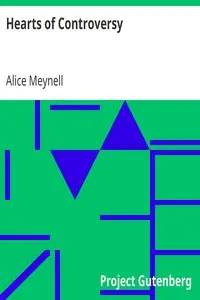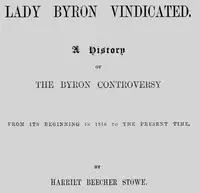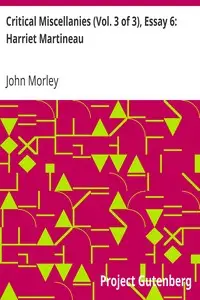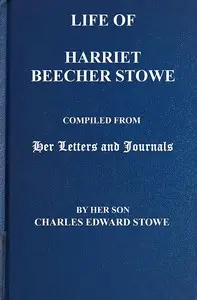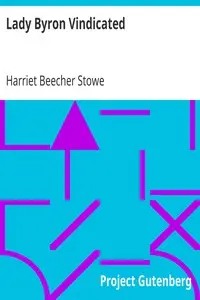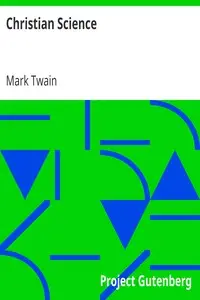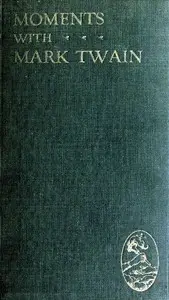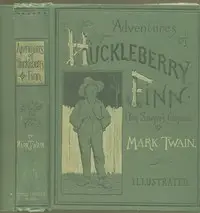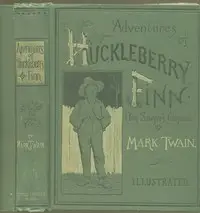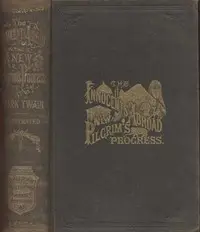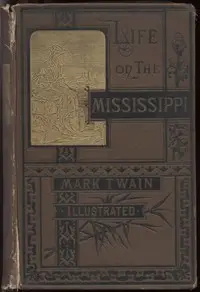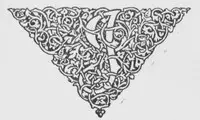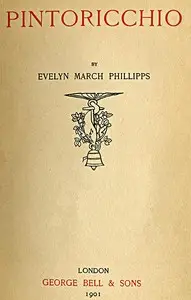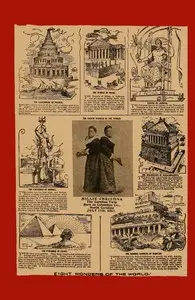"In Defence of Harriet Shelley" by Mark Twain is a thought-provoking essay that challenges how history remembers Harriet Shelley, the first wife of poet Percy Bysshe Shelley. Twain steps in as a defender, scrutinizing the stories that paint Harriet as flawed and responsible for the problems in her marriage, especially Percy's later relationship with Mary Godwin. With sharp wit, Twain carefully takes apart the unfair accusations, revealing the biases that led to these negative portrayals of Harriet. He argues that she has been wrongly blamed for her husband's choices and insists that her pain and innocence deserve recognition, instead of being overshadowed by her husband's fame. Twain's writing looks at themes of unfair treatment based on gender, the difficulties of love and loyalty, and the impact of reputation. The goal of this essay is make sure Harriet gets the justice she deserves.

In Defence of Harriet Shelley
By Mark Twain
A forgotten woman's story gets a fiery champion who exposes the lies that turned her into a villain, demanding that the world finally see the truth.
Summary
About the AuthorSamuel Langhorne Clemens, known by the pen name Mark Twain, was an American writer, humorist, and essayist. He was praised as the "greatest humorist the United States has produced," with William Faulkner calling him "the father of American literature." Twain's novels include The Adventures of Tom Sawyer (1876) and its sequel, Adventures of Huckleberry Finn (1884), with the latter often called the "Great American Novel." He also wrote A Connecticut Yankee in King Arthur's Court (1889) and Pudd'nhead Wilson (1894) and cowrote The Gilded Age: A Tale of Today (1873) with Charles Dudley Warner.
Samuel Langhorne Clemens, known by the pen name Mark Twain, was an American writer, humorist, and essayist. He was praised as the "greatest humorist the United States has produced," with William Faulkner calling him "the father of American literature." Twain's novels include The Adventures of Tom Sawyer (1876) and its sequel, Adventures of Huckleberry Finn (1884), with the latter often called the "Great American Novel." He also wrote A Connecticut Yankee in King Arthur's Court (1889) and Pudd'nhead Wilson (1894) and cowrote The Gilded Age: A Tale of Today (1873) with Charles Dudley Warner.

